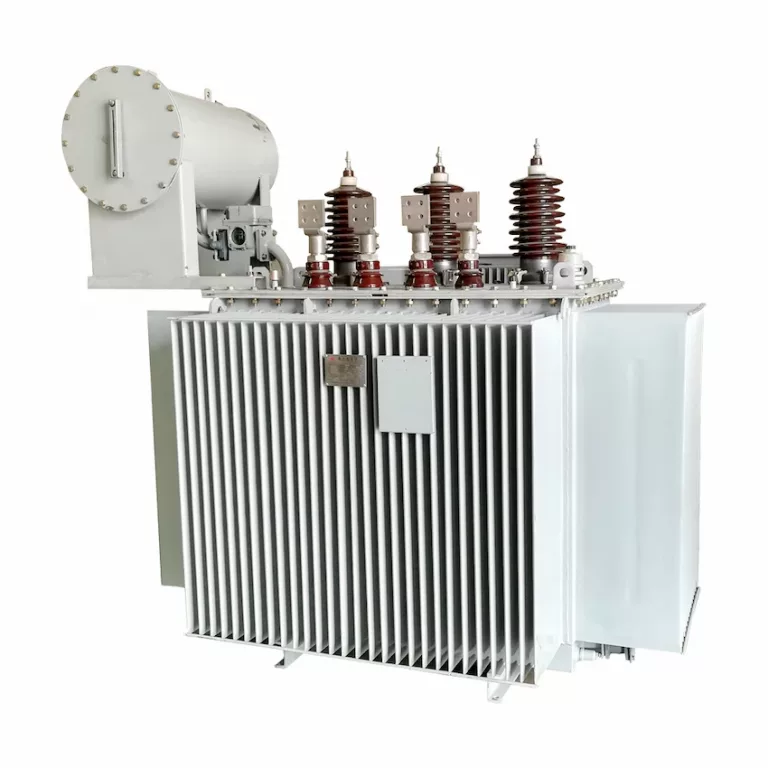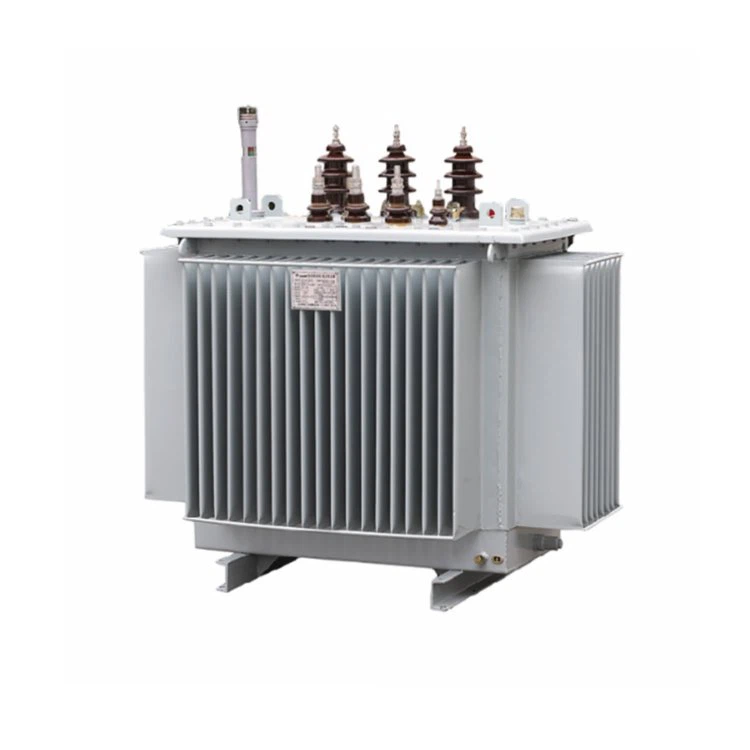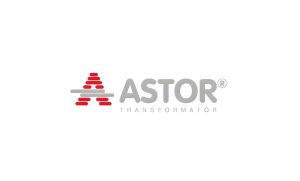Step Up Transformer
What is a Step-up Transformer?
A step-up transformer is a device that increases the voltage of electrical energy. It is used in alternating current (AC) circuits and operates based on the principle of electromagnetic induction. Step-up transformers are commonly utilized in power transmission and distribution systems, large industrial machines, and renewable energy applications.
Working Principle:
- Primary Winding: Located on the input side, it is supplied with low voltage.
- Secondary Winding: Found on the output side, it has more turns than the primary winding. This increases the input voltage to a higher output voltage.
- Core: A magnetic core that transfers the magnetic flux between the primary and secondary windings.
Applications:
- Power Transmission Lines: To transport electricity from power plants to urban areas.
- Renewable Energy: To step up the low voltage generated by solar panels or wind turbines.
- Industry: To supply high voltage for specialized machinery and facilities.
Advantages:
- Reduces energy losses.
- Enables efficient energy transmission over long distances.

Step Down Transformer
What is a Step-down Transformer?
A step-down transformer is a device that reduces the voltage of electrical energy. It operates on the principle of electromagnetic induction and is used in alternating current (AC) circuits. Step-down transformers are essential for safely delivering electricity to homes, industries, and various electronic devices that require lower voltage levels.
Working Principle:
- Primary Winding: Located on the input side, it is supplied with high voltage.
- Secondary Winding: Found on the output side, it has fewer turns than the primary winding. This reduces the input voltage to a lower output voltage.
- Core: A magnetic core that facilitates the transfer of magnetic flux between the primary and secondary windings.
Applications:
- Power Distribution: To reduce high voltage for residential and commercial consumption.
- Electronic Devices: To supply low voltage for appliances like chargers, TVs, and radios.
- Industrial Equipment: To operate machinery that requires lower voltage levels.
Advantages:
- Enhances safety by reducing voltage to usable levels.
- Protects electrical devices from damage due to high voltage.

Business Partners







